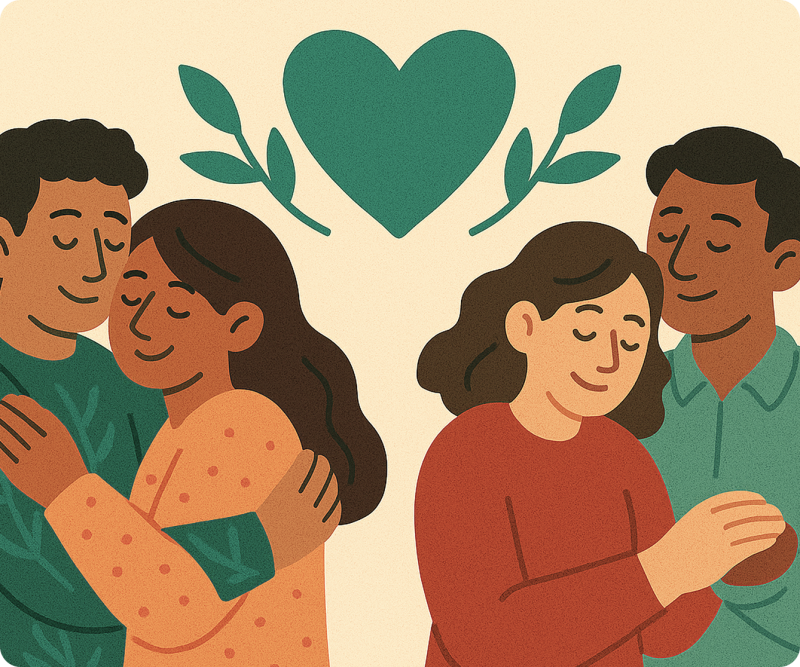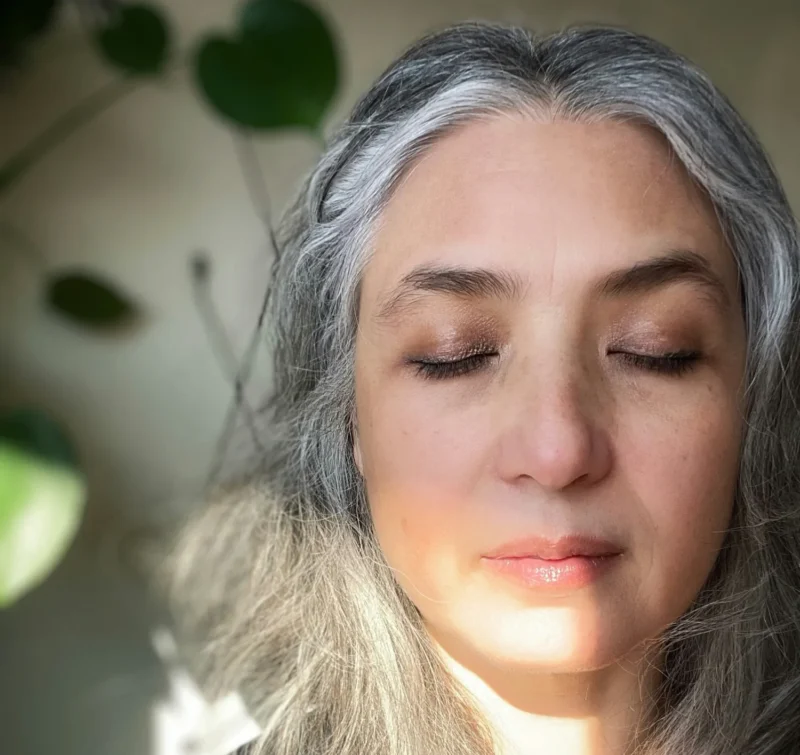
Understanding child and family therapy
Childhood and adolescence can be a uniquely challenging and confusing period. Most children have little control over their lives, with a great deal to learn about themselves and the world. There are many conflicting pressures from numerous sources as they discover their own identity. It is a time of great physical and emotional development with myriad new emotions and experiences. Even for those raised in a largely stable, loving environment, this can be a difficult period.
Why attend child or family therapy?
Therapy can be enormously beneficial to children and their families at many stages and through many experiences. For many young people, school stress, future uncertainty and academic pressure can feel overwhelming at times. Family breakdown can severely impact a child’s mental health. Adjusting to a new city or school can also be tough, as can dealing with bullying at school, home or elsewhere. Substance use can also cause issues for teenagers on a number of fronts.
Whatever the issue, a therapist can administer psychological assessments to explore all kinds of behavioural problems and learning difficulties. Child and family therapists have a deep knowledge of various attachment styles and their impact on familial relationships. They offer psychotherapeutic treatments tailored to children and adolescents. Family therapists can also work with parents and caregivers to develop their understanding of effective parenting approaches and techniques.
What causes mental ill health in children?
A combination of biological, psychological, environmental and social factors can each play a part. Some children are born with a genetic predisposition for certain mental health disorders, such as depression or Autism Spectrum Disorder. Some adverse life experiences may also contribute to the development and maintenance of mental ill health.
Some mental health conditions and disorders children may experience include:
- Attention Deficit Hyperactivity Disorder (ADHD)
- Depression
- Attachment Disorder
- Autism Spectrum Disorder (ASD)
- Obsessive-Compulsive Disorder (OCD)
- Post-Traumatic Stress Disorder (PTSD)
- Eating Disorders, including Anorexia Nervosa, Bulimia Nervosa, Binge Eating Disorder (BED)
- Generalised Anxiety Disorder (GAD)
- Other behavioural issues, including violence or substance abuse
Impact on family
The complex, highly interconnected nature of families means the difficulties faced by one family member can have ramifications for everyone else. In addition to impacting upon the child’s development, education and self-image, mental ill health can affect those close to them in numerous ways, including:
- Parental stress, guilt or self-blame
- Strain on other relationships, leading to conflict, distance or tension
- Siblings may feel neglected if they believe another child receives a disproportionate amount of attention or resources
- Being a caregiver for someone experiencing a mental health condition can be extremely difficult and place strain on other relationships
Children may experience emotions and mental ill health differently than adults do, so it is important to see psychologist with a special interest and training in this area. Communicating complex psychological concepts to children requires particular skills and experience. A family therapist can work with an individual child, an entire family, or any combination of family members to address issues effecting the child or adolescent. It is often beneficial to have parents involved in the therapeutic process, whether it be through individual sessions, or joint parent-child sessions.
At Seed Psychology we have psychologists who are highly skilled and experienced at working with children, adolescents and families.
Through connection,
change is possible
Our compassionate team at Seed Psychology is here to help you regain your wellbeing and navigate life’s challenges with greater confidence and clarity. Connect with us to book an appointment with a psychologist in our Brunswick clinic or via telehealth Australia-wide.
Available resources
Meet our amazing team of therapists
Our diverse team of psychologists offer individual, couples, and online therapy, as well as assessments. Beyond their expertise, they bring humanity and care, providing respectful, affirming support tailored to each person’s unique experience.
Freqeuently asked questions
-
Therapy is a shared process. While your Psychologist brings expertise, insight, and support, the most meaningful outcomes often come when you’re actively engaged in your own growth. This means being open and honest during sessions, reflecting between appointments, and being willing to try new approaches-even when it feels challenging. Therapy can take time, and progress isn’t always linear, but your commitment matters. Here are some ways to support your journey:
- Be open and honest with your Psychologist, even (and especially) if something feels hard to say.
- Give feedback if something doesn’t feel right or if your needs change.
- Stay open to exploring new ideas and practices within a safe, supportive space.
- Take notes or keep a journal to reflect on insights or patterns between sessions.
- Try to attend regularly-consistency is key to building momentum.
- Be kind to yourself. Growth can be uncomfortable at times, but that doesn’t mean you’re doing it wrong.
- Invest in your wellbeing outside of therapy by building habits and routines that nourish you.
Therapy is a courageous act of self-investment. By showing up and staying engaged, you create space for real and lasting change.
-
Our experienced team of Psychologists offers warm, evidence-based support that’s collaborative, inclusive and grounded in genuine understanding. We provide individual, relationship or family therapy for a wide range of concerns. Additionally, we offer couples therapy, online therapy, psychological assessments (including ADHD and Autism Spectrum Assessments), and workshops.
-
There’s no one-size-fits-all answer to how long therapy takes. At Seed Psychology, we tailor each intervention to your individual needs, goals, and circumstances. Some people come to therapy to navigate a specific challenge, like managing anxiety, adjusting to a life transition, or processing a relationship difficulty. Others may be seeking deeper emotional growth or support for longer-term concerns. Because of this, the number of sessions can vary. Many clients attend between 6 and 18 sessions, though some need fewer and others continue for longer. Your Psychologist will discuss an estimated treatment plan with you after your initial assessment and continue checking in over time to ensure it feels helpful and aligned with your goals. Ultimately, the pace and duration of therapy is something we navigate together, guided by your progress, preferences, and what feels right for you.
-
Consultations with a psychologist last between 50 and 60 minutes.
-
At Seed Psychology, your safety and wellbeing are our highest priorities. While we are here to support you through regular therapy sessions, we are not a crisis service and may not be available outside of scheduled appointments. If you or someone you care about is in immediate danger, experiencing a mental health crisis, or needs urgent support, it’s important to seek help straight away through the appropriate emergency or crisis services. You can find a list of trusted organisations and services here that can provide immediate support when you need it most.








